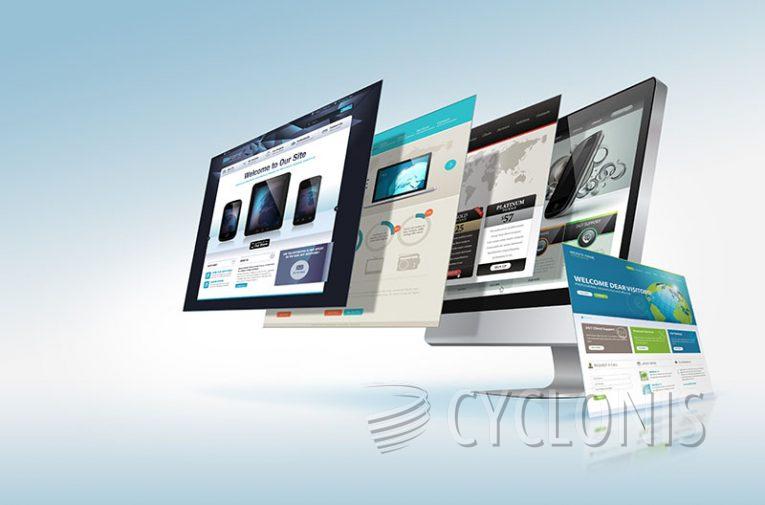Adialita.com Shows Misleading Prompts

Upon examination of adialita.com, we have determined that its primary objective is to trick visitors into consenting to receive notifications. Consequently, users are advised not to place trust in adialita.com. It is noteworthy that encounters with pages like adialita.com often occur unintentionally.
Adialita.com features a deceptive video player, accompanied by a loading spinner and a prompt instructing visitors to click the "Allow" button, ostensibly to confirm that they are not robots. The implication is that clicking "Allow" will initiate the video playback and successfully complete a CAPTCHA. However, this action grants the website permission to send notifications.
Notifications originating from unreliable websites like adialita.com can expose users to various risks and undesirable outcomes. Clicking on such notifications may lead users to websites attempting to deceive them into divulging sensitive information, initiating unauthorized downloads, or engaging in fraudulent activities.
Hence, it is imperative for users to exercise caution and refrain from permitting notifications from untrustworthy sources to mitigate potential risks associated with these notifications. Another reason to approach websites like adialita.com with skepticism is their propensity to redirect users to similar or other untrustworthy websites.
What Social Engineering Tricks Do Misleading Sites Commonly Use?
Misleading sites often employ social engineering tricks to manipulate users into taking actions that benefit the attackers. Here are some common social engineering tactics used by misleading sites:
- Phishing: Misleading sites may impersonate legitimate websites, such as banks, email providers, or social media platforms, to trick users into providing sensitive information like usernames, passwords, or credit card details.
- Fake Alerts and Warnings: Some sites use fake pop-up alerts or warnings to create a sense of urgency. They may claim that the user's computer is infected, that they've won a prize, or that their account has been compromised. These tactics aim to prompt users to take immediate action, often leading to unintended consequences.
- Impersonation of Trusted Entities: Misleading sites may pretend to be reputable organizations or individuals, using logos, branding, or names similar to well-known entities. This can deceive users into trusting the site and taking actions they wouldn't normally consider.
- Social Media Deception: Attackers may create misleading sites that resemble popular social media platforms. Users may be tricked into entering login credentials, thinking they are accessing their social media accounts, but in reality, they are providing sensitive information to attackers.
- Clickbait: Misleading sites often use sensational or clickbait headlines to attract users' attention. Once on the site, users may be exposed to misleading content, false information, or prompted to click on ads that generate revenue for the attackers.








